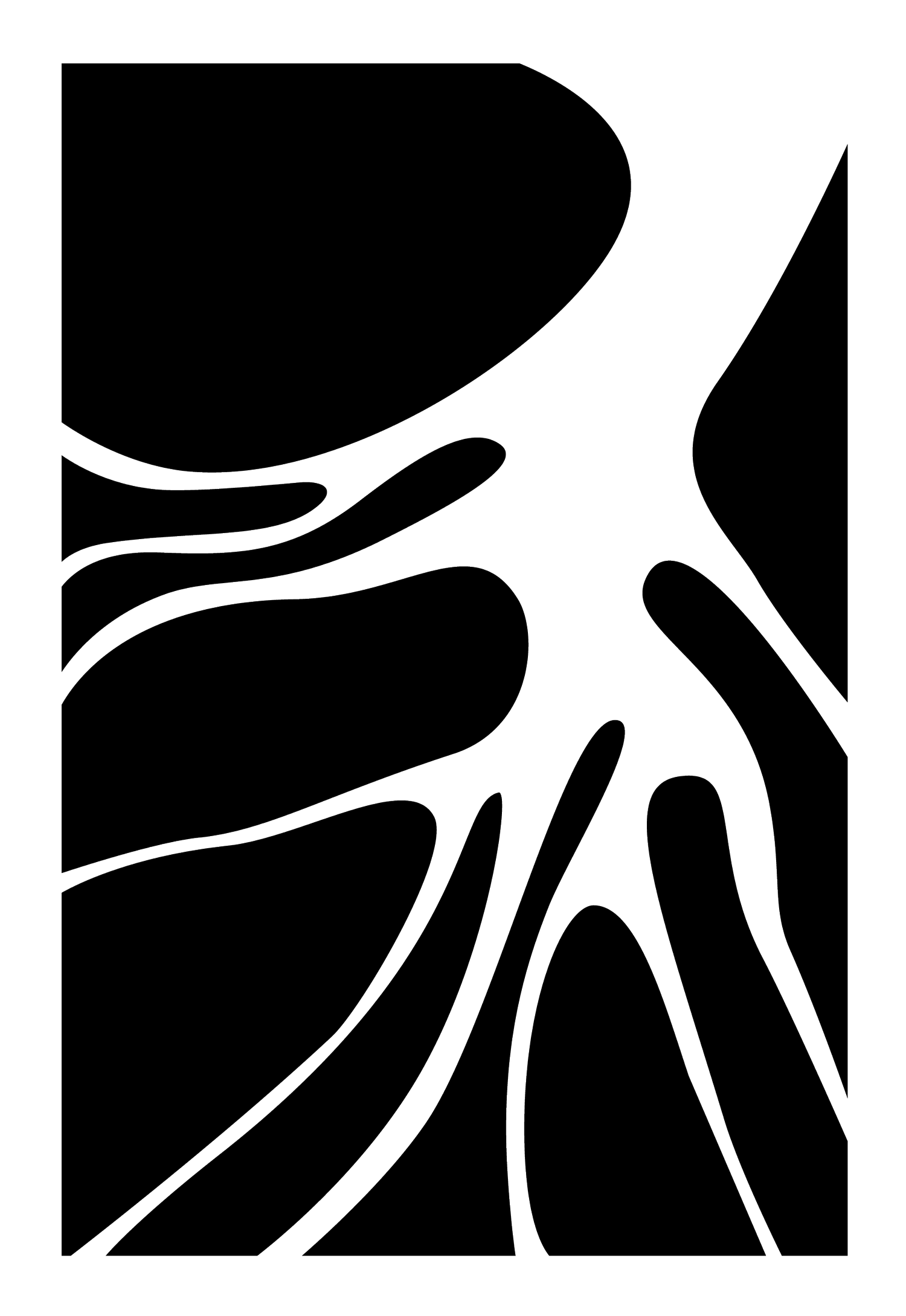Intergenerational Survival
What world will we leave our children and grandchildren? What will they take for granted? Who is telling them to believe one history over another? For hundreds of years, laborers have suffered immensely so a majority of individuals can benefit from their work, almost always at the expense of the health and wellbeing of the workers, their families, and anyone living in shared space with factories, industry compounds, and infrastructure of the like. Rapidly growing economies and industrial development are the main drivers of environmental injustices worldwide.
For profit, countries use economic mechanisms to obtain maximum profit. Industry, profit-driven individuals, corporations, and nations will do anything to get the most out of their ventures. “Obstacles” such as culture, old-growth forest, rivers, sacred land, preserved land, and other examples get in the way of societal progress. An argument is then made for the need to hurdle these obstacles for the sake of social and global progress, and through these changes and hurdles, environmental injustices occur. The planet’s landscape is changing at a rapid pace, from forest to farms, then farms to cities; it is difficult to keep up. The collection of stories and struggle allow culture and heritage to survive, but at a cost. What world will our children inherent? Will they become hungry advocates or teachers to inspire a new generation of leaders?
Corey Wrinn is a self-trained artist in landscape, biological, and form drawing from Rockport, MA.


